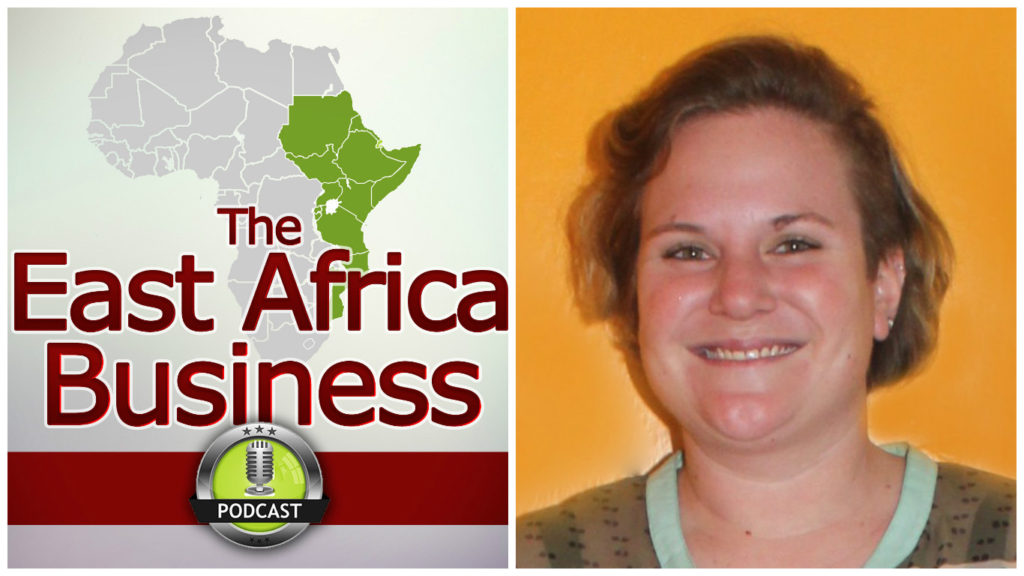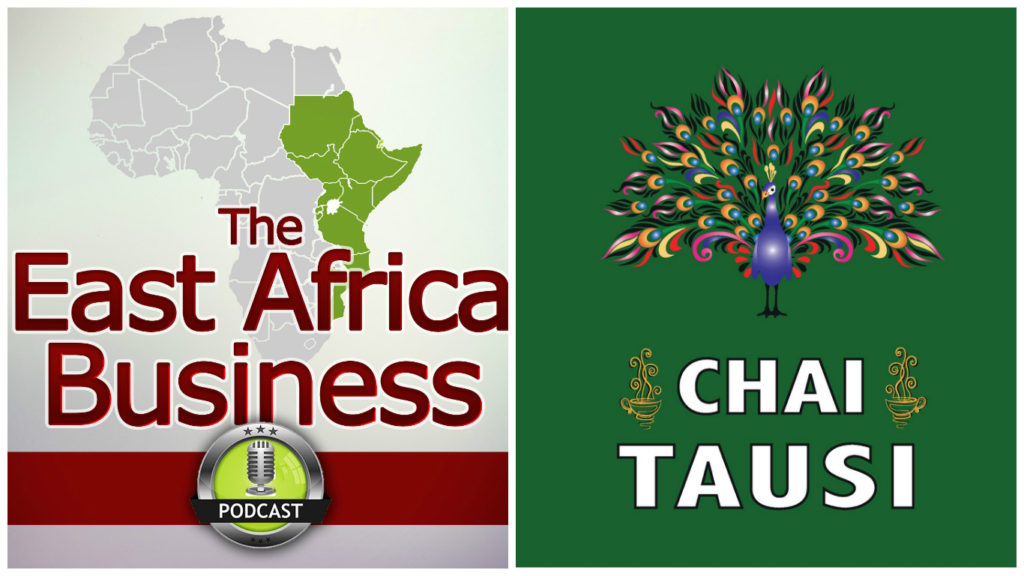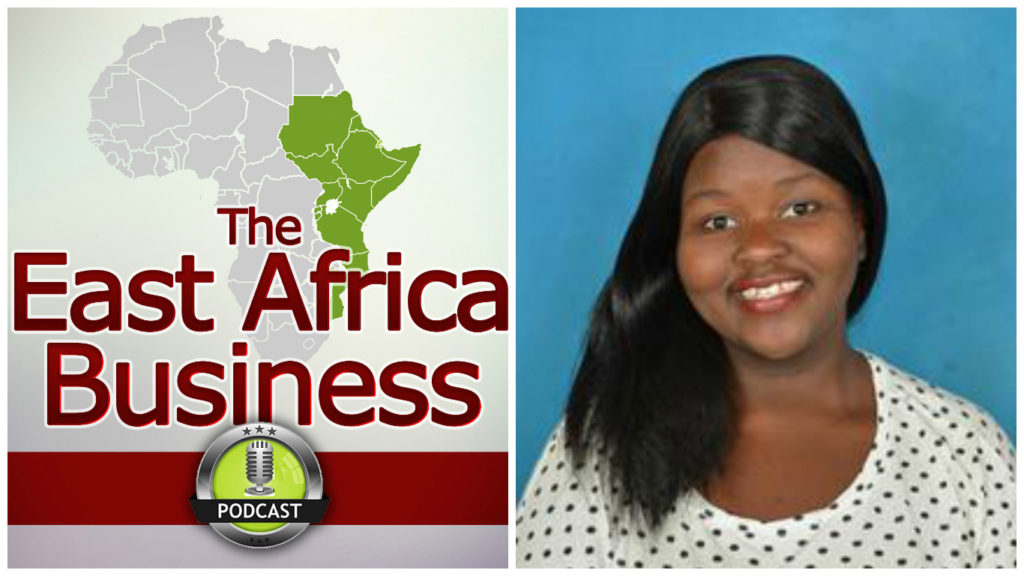Overview
If you don’t have much money there are lots of things that you can’t buy.
This might sound simplistic, but in a country where a high proportion of the population have low disposable income it means that, as a manufacturer of products, there is a huge number of people who you can’t access.
Unless… you could just give it to them have them pay you back over time.
This is the opportunity that Angaza has seen, and they have developed a software platform to allow manufacturers to switch off devices if credit payments aren’t paid.
Doing so puts products in the hands of people who otherwise couldn’t afford it.
Lindsay is the Head of the Africa office and we discuss the history of the company, considerations for giving products on credit and applying their technology to a range of different products.
It’s also similar, but different, to BBOXX who featured on an early episode called “Solar Systems”. You might be interested in listening to that too.
Sign up below to hear whenever there are new stories and episodes released on the podcast
Here are some of the key quotes:
“Angaza is focused on Pay As You Go”
The challenge we’re looking to address is how to provide solar products on credit so that people don’t have to pay them completely upfront which blocks out a lot of the market.
“A software platform for PAYG products”
We began with a solar powered lamp and soon felt that the real value comes from being able to allow other manufacturers the ability to offer their products on credit. We partner with manufacturers and distributors.
“25,000 loans already”
This has come from working with 5 manufacturers and 30 distributors
“Everyone becomes a customer with PAYG”
If companies are only able to sell their products for cash they can only access a small percentage of the market. Angaza helps to grow the market.
“We can switch off products”
Using a broad range of technologies a device can be remotely switched off if, say, payments have not been made.
“Our partners pay us a licence fee”
In exchange for building PAYG products for manufacturers and distributors they pay a fee.
“The idea of credit has been around for a while”
Microfinance Institutions (MFIs) have been long been providing credit for an end-user. Traditionally once a loan has been given to an end user, the person is repaying the MFI and not the distributor.
“Tracking with pen and paper is tricky”
It’s laborious to can track of end users paying back for a product, especially as it will work regardless of whether the person stops paying back or not.
“Our innovation is switching off small devices”
A lot of the devices which can be turned off remotely are the larger solar home systems. Angaza has developed proprietory technology to bring this capability to a small solar lamp too.
“Angaza integrates with mobile money”
We can automatically switch off a product if a payment is behind based on whether payments have come in, such as with M-Pesa.
“Pay As You Go is a new space”
It’s far from obvious what is the best way to go about building a system for a PAYG product. We have a good idea, but haven’t yet written a bullet-proof playbook for manufacturers and distributors.
“It sometimes takes longer to payback”
Most people are paying back, but I have seen it taking longer than expected. This is for a number of reasons (head to 22:00).
“Is it Pay As You Go?”
Often it’s actually a fixed term loan and so that can cause some confusion. “Product loan” and “Lock out loan” are alternatives.
“We translate to local languages”
The founders speak English but we’ve designed the software and the platform to the language which agents are speaking.
“Considerations of connectivity”
The product offferings need to be related to the type of telco connectivity that exists in the environment of the end user.
“Angaza means enlighten”
In Swahili. Which was important for the founders in their starting market.
Social Media Follows etc.
Website: www.angaza.com
Facebook: Angaza Design
Twitter: Angaza Design


